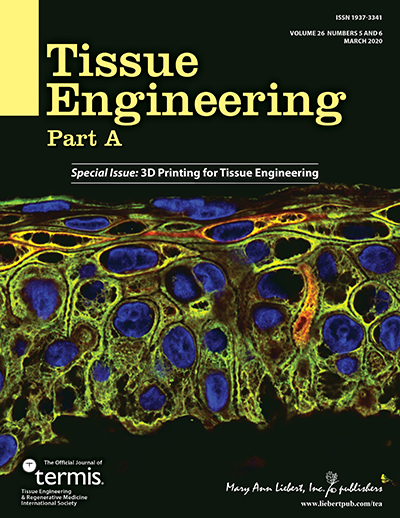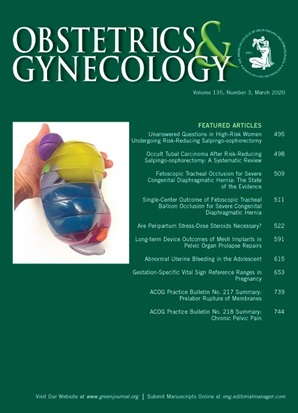
Jasti Rao, who once earned $700,000 a year at the University of Illinois College of Medicine at Peoria and was named the first “Peorian of the Year” before a misconduct investigation put an end to his time there, has now lost eight papers.
Rao’s case is among the more colorful that we’ve covered. A highly-regarded cancer specialist, Rao was caught up in a morass of misdeeds, including not only plagiarism and manipulation of data but gambling and behavior tantamount to extortion of his employees. As we reported in 2018:
Continue reading Former star cancer researcher who sued his university for discrimination notches eighth retraction







